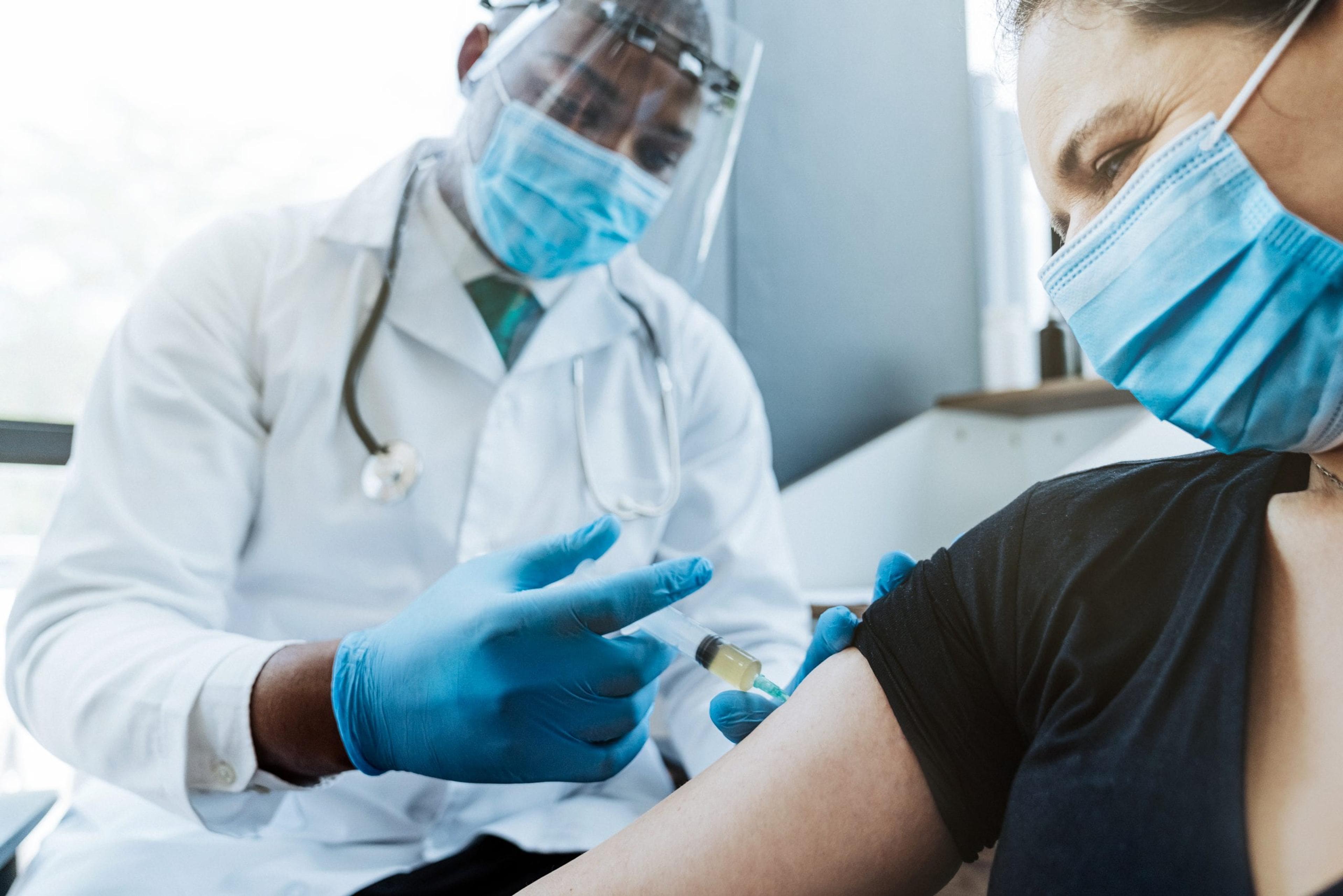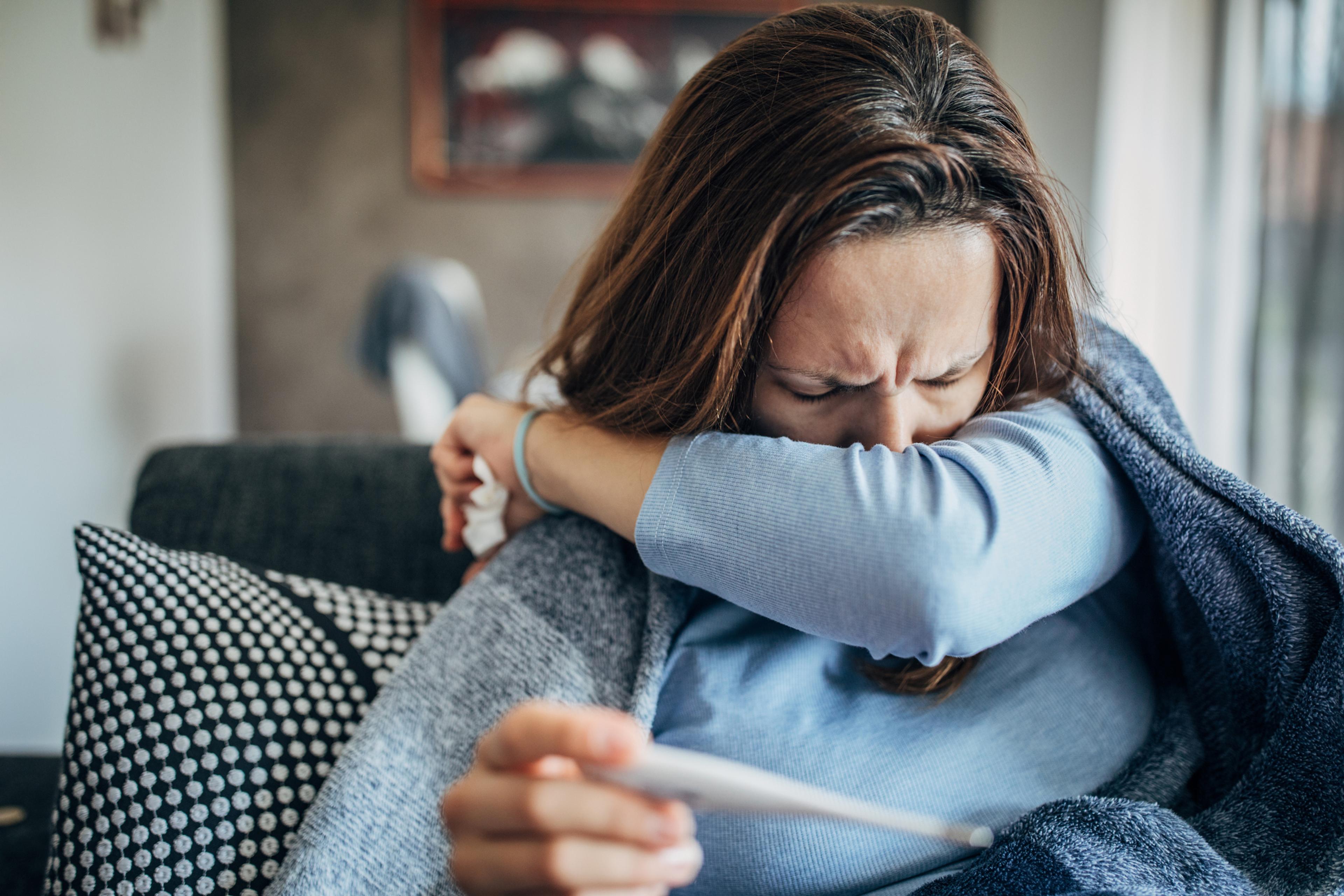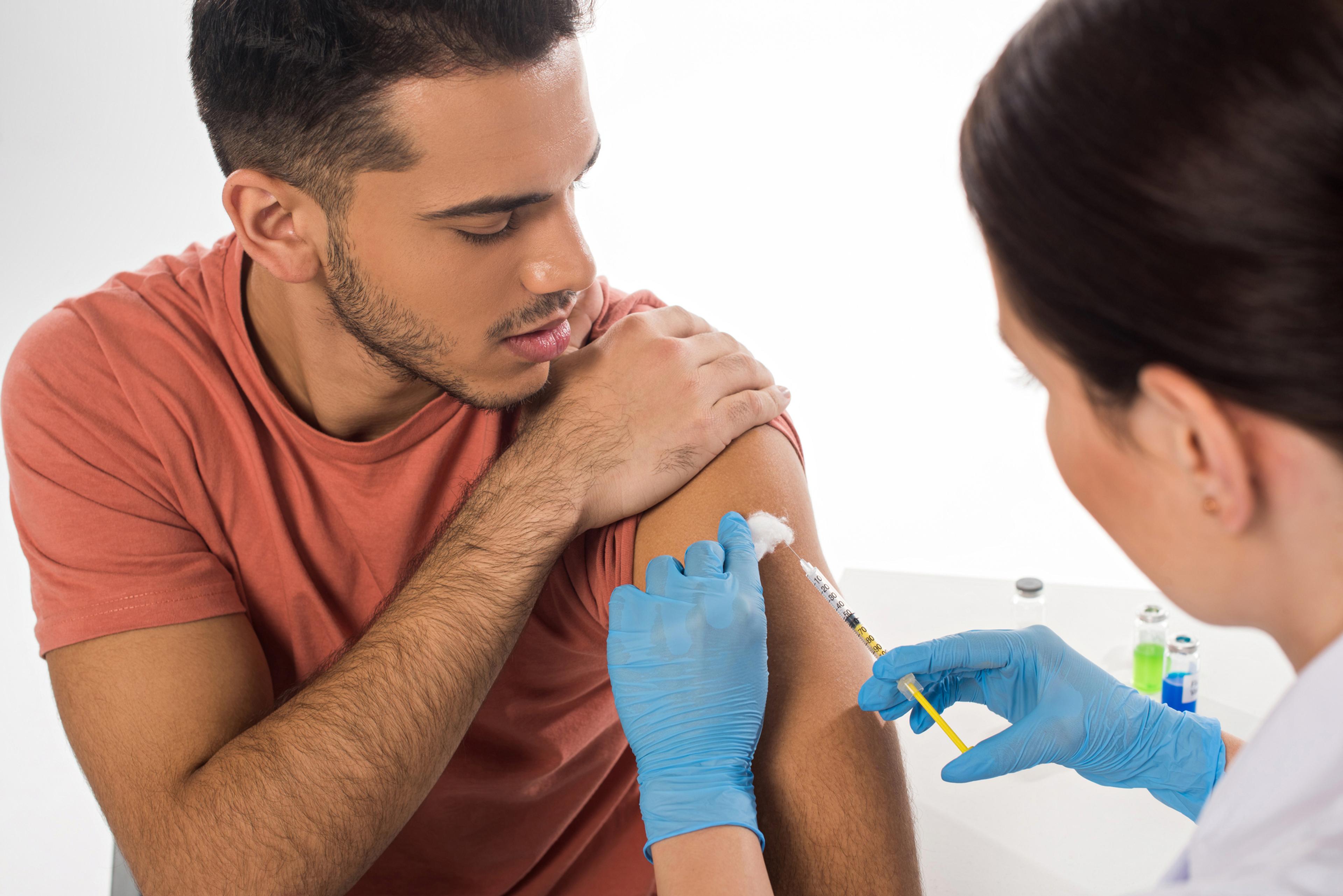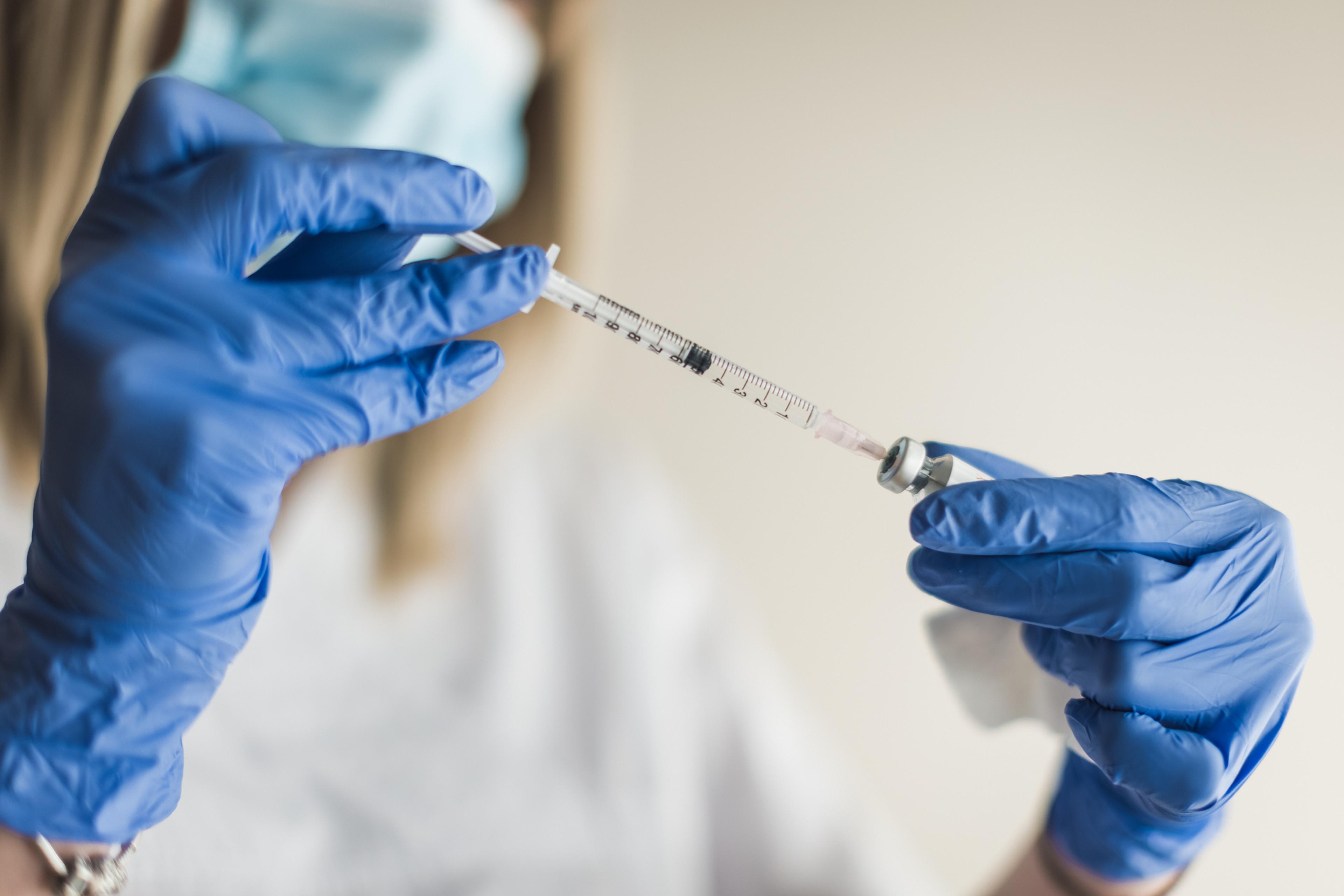
When it’s your turn to receive a COVID-19 vaccine, how prepared will you be? Health care staff, essential workers and some of Michigan’s most medically vulnerable residents have been lining up to get their first Covid-19 vaccine for the last several weeks. As more doses become available, health officials say we are on the cusp of widening the pool of recipients But before you head to your designated vaccine site to roll up your sleeve, there are a few things you should know. One dose or two? It depends on which company manufactured the vaccine you receive. Currently, doses from three companies have been approved for distribution in the United States:
- Pfizer-BioNTech: 2 doses, 21 days apart
- Moderna: 2 doses, 28 days apart
- Johnson and Johnson: 1 dose
When you get your vaccine, you will be scheduled for the second shot, if needed, at the time of your first shot. If you are a candidate for the second vaccine, please be certain to return for the second appointment to gain full effect of the vaccine. It is very important that you receive the vaccine from the same manufacturer. In other words, if you received Pfizer the first time, you should receive Pfizer the second time. Vaccine centers will be coordinating this, and you will also receive a small card from the CDC reflecting what vaccine you received and what “lot” your dose came from. Side Effects. COVID-19 vaccinations may cause some side effects. According to experts, this is normal. If you have a lack of side effects, though, this does not mean the vaccine is not working.
- At the vaccine site: The shot typically is given in your upper arm. You may experience pain or some swelling where the vaccine was injected. To minimize this, you can apply a cool, wet cloth over the area. You can also move your arm around after you receive the shot.
- Overall side effects: Fever, chills, feeling tired or having a headache are all common side effects after receiving a COVID-19 vaccination. Some people feel like they have a little bit of the flu. If you have a fever, drink plenty of water and wear lightweight clothing.
- Over-the-counter medication: If you feel uncomfortable or have some pain after your vaccine, your doctor may recommend you take aspirin or ibuprofen. The CDC does not recommend taking these medications before you receive your vaccine, as it is not known how that might impact the dose’s effectiveness.
- Severe side effects: If side effects from your vaccine last more than a few days, or if the pain or redness in your arm at the vaccine site increases 24 hours after your shot, contact your health care professional. Severe allergic reactions with COVID-19 shots have been rare so far. If you experience a severe reaction, call 911 and seek immediate medical help.
Check in with V-safe. The CDC has created a smartphone-based tool called “V-safe” that allows people to report any vaccine side effects. If you receive a two-dose vaccine, it will also remind you when your next shot is due. To register for the V-safe health checker, go to the CDC website here: https://vsafe.cdc.gov/ Related:
- Life After COVID-19 Hospital Stay Can Get Rocky
- COVID-19: What You Need to Know
- Blue Cross Coverage of COVID-19 Testing: What to Know
Photo credit: Getty





